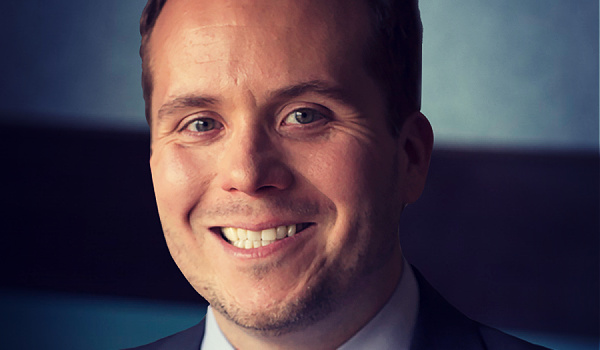By Dr. Daniel Crosby
Once upon a time, advisors measured success with benchmarks, indices, and market returns. They’re still important, and robust performance reporting and portfolio management technology will always have a place in an advisor’s arsenal. But that’s no longer enough.
Investors now demand truly comprehensive financial plans around detailed client information, such as goals, challenges, expectations, income, expenses, and accounts. And though they might not know the term, they need your help to close the “behavior gap.”
In short, the behavior gap measures the loss the average investor incurs as a result of emotional responses to market conditions. Studies have shown this gap can range from 1.17% all the way to 5.35% per annum. The biggest contributors to the behavior gap are fear, uncertainty, and isolation. It goes without saying that COVID-19 made a lot of us feel afraid, uncertain, and cut off from the world.
We can fight these feelings by helping investors feel understood and supported. When we do, we help keep them invested for the long run. Throughout every step of the advisor-client journey, technology has the potential to encourage positive behavior.
Rescuing clients adrift in a sea of misinformation
Guiding your clients on a financial journey that leads to a successful future and connects your investment decisions to their progress requires seamlessly integrated planning and investment management technology.
This doesn’t just mean advisor technology. Welcome to the information age, where consumers can do literally anything—watch a movie, learn a new language, order a gluten-free deep dish with Daiya “cheese”—from the palm of their hands. These same individuals do not want to wait for a quarterly paper report to view their portfolio performance.
If you don’t have the tools to stay in front of an isolated investor when they need you, they will find someone else. Or worse, they will take matters into their own hands. Retail investing has never been more popular, and you don’t have to look far to find lessons about the perils of investing without guardrails or the benefit of a financial quarterback.
Tackling investor fears head-on
Providing timely market commentary, video chatting, cobrowsing, even acknowledging a birthday or an anniversary soothes feelings of fear and isolation. The past year has shown the power of remote connection outside of face-to-face meetings and nine-to-five hours. But you can start addressing investor fears even before they become your clients.
Prospecting technology can help advisors speak directly to their greatest needs and challenges with automated campaigns that create a sense of understanding and compassion. When those campaigns are tied directly to intuitive financial planning capabilities, prospects experience a smooth transition from merely thinking about their goals to addressing them with an advisor who has already built a foundation of trust.
Sharing the reins to clear uncertainty
Your best intentions and most clever investment strategies can falter if your clients don’t understand what is going on with their finances… or what you’re doing on their behalf. Technology that gives clients access to their holistic financial picture, including connecting progress toward goals with investment strategies, can help alleviate the uncertainty that might otherwise cause them to deviate from long-term progress with a short-term reaction.
What’s more, this kind of wealthtech lets investors see what’s going on under the hood. Who do you think has more anxiety about their money: an investor who receives periodic decrees from on high about their financial progress? Or an investor who can see the results for themselves in one place?
We all want to feel understood. Harnessing the power of human emotion with both compassion and robust technology to keep investors focused on what’s best for them isn’t just a trend. It’s the future of what it means to be a fiduciary.
Dr. Daniel Crosby is Chief Behavioral Officer at Orion Advisor Solutions, a psychologist, and behavioral finance expert who helps organizations understand the intersection of mind and markets. Dr. Crosby recently co-authored a New York Times Best-Selling book titled, “Personal Benchmark: Integrating Behavioral Finance and Investment Management“.








